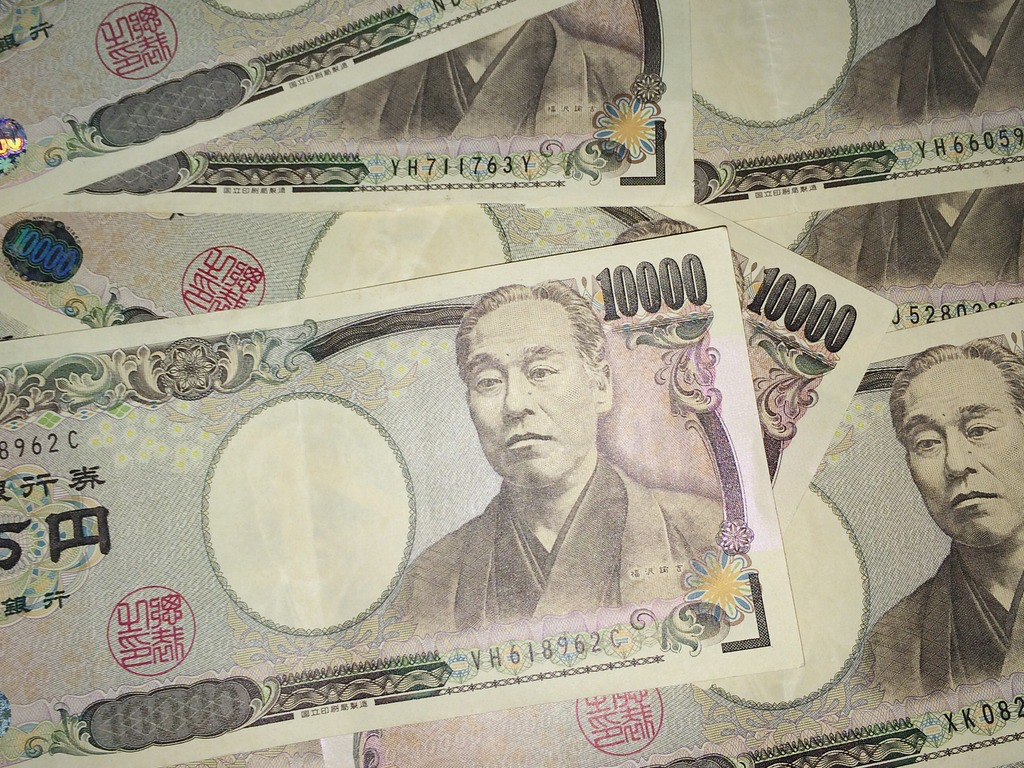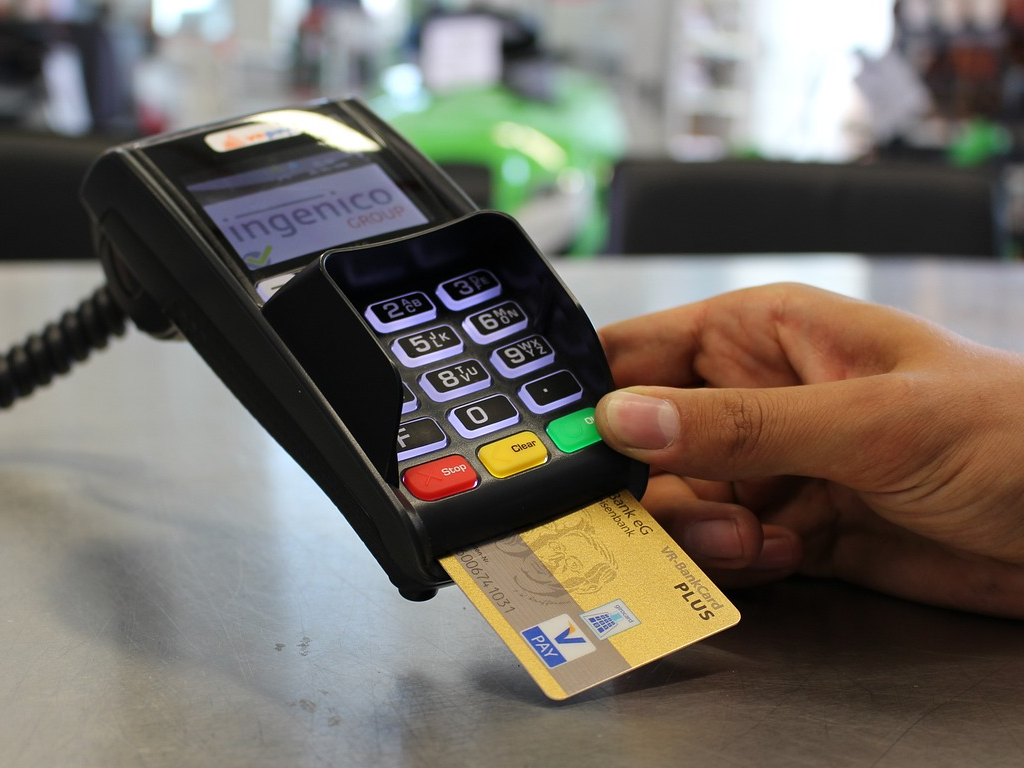Japan is a popular destination for tourists, known for its stunning natural beauty, rich culture, and advanced technology. However, as with any trip abroad, it's important to be aware of how to pay safely while in Japan. In this article, we will provide tips and information on the various payment options available to tourists in Japan, including cash, credit cards, and electronic payments. We will also cover the pros and cons of each option and offer advice on how to protect your personal information and avoid common scams. Additionally, we will discuss the differences between the payment systems in Japan and those in other countries, and offer tips for tourists who are unfamiliar with the local currency and payment methods.
Table of Contents
YEN – Everything You Need to Know About Japan's Stable Currency
The currency of Japan is the Japanese yen (JPY), which is made up of coins and banknotes. Coins come in denominations of 1, 5, 10, 50, 100, and 500 yen, while banknotes come in denominations of 1000, 2000, 5000, and 10,000 yen. The yen is a decimal currency, with the smallest unit being 1 yen.

The yen is one of the strongest and most stable currencies in the world, and it is widely accepted in other countries, particularly in East and Southeast Asia. However, it is important to note that the value of the yen can fluctuate based on economic and political factors, so it's a good idea to check the current exchange rate before making any currency exchanges or large purchases.
When traveling in Japan, it's a good idea to have some cash on hand for small purchases or in case you encounter a business that doesn't accept electronic payments. You can exchange money at banks, currency exchange offices, or ATMs, or you can use a credit card or prepaid travel card for larger purchases. Just be sure to be aware of the exchange rate and any fees that may apply.
Cashless in Japan – Prepare Your Electronic Cash Cards
Japan has a reputation for being a cashless society, with many businesses and individuals relying on electronic payment systems for their daily transactions. In fact, according to a survey conducted by the Bank of Japan, cash accounted for just 43% of personal consumption expenditures in 2019, down from 63% in 2000. This shift towards electronic payments has been driven by the convenience and security of these systems, as well as the widespread availability of payment infrastructure such as point-of-sale terminals and ATMs. As a result, tourists in Japan may find it easier to pay using electronic methods such as credit cards, prepaid travel cards, or smart cards rather than cash. However, it's still a good idea to carry some cash with you as a backup, as not all businesses may accept electronic payments.

Top 8 Tipps for Safe Payment in Japan
1. Carry some cash
It's a good idea to have some cash on hand while traveling in Japan, as small businesses or vending machines may not accept electronic payments. It's also a good idea to have some cash in case of emergencies. When exchanging money, be aware of the current exchange rate and avoid exchanging money at hotels or airports, as the rates are often not as favorable. Consider exchanging a small amount of cash at a bank or currency exchange before arriving in Japan, and then use ATMs to withdraw additional funds as needed.
2. Use a credit card
Credit cards are widely accepted in Japan, and many businesses will accept cards from major international networks such as Visa, Mastercard, and American Express. Keep in mind that some smaller businesses or vending machines may only accept Japanese credit cards, so it's a good idea to have some cash as a backup. When using a credit card, be sure to keep track of your spending and pay off your balance in full each month to avoid accruing interest charges.
3. Consider using a prepaid travel card
Prepaid travel cards are a convenient and secure way to pay for purchases while in Japan. These cards, which can be loaded with a set amount of money in advance, can be used at most businesses that accept credit cards. They also offer the added security of not having to carry large amounts of cash with you. When using a prepaid travel card, be sure to keep track of your balance and reload the card as needed.
4. Use electronic payment systems
Japan has a number of electronic payment systems that are popular with tourists. One of the most widely used is Suica, a prepaid smart card that can be used on trains, buses, and at vending machines and stores across Japan. Other electronic payment systems include Pasmo and Icoca, which are also widely accepted on trains and buses. To use these systems, you'll need to purchase a prepaid card and add funds to it. These systems are convenient and easy to use, and they also offer the added security of not having to carry cash.
5. Be aware of exchange rates
If you're using a credit card or prepaid travel card, be aware of the exchange rate that will be applied to your purchases. This can vary depending on the card issuer, so it's a good idea to check with your bank or card issuer before your trip. You can also use online tools or apps to track the current exchange rate, so you can have a better idea of how much you're spending in your home currency.
6. Keep track of your spending
It's easy to get carried away while on vacation, so it's important to keep track of your spending to avoid overloading your credit card or running out of cash. Consider setting a budget for your trip and tracking your expenses to ensure you stay on track. You can use apps or online tools to help with this, or simply keep a record in a notebook or on your phone.
7. Use ATMs wisely
While ATMs are widely available in Japan, it's important to be cautious when using them. Use ATMs in well-lit, public areas, and be aware of your surroundings. Avoid using ATMs that look old or damaged, and never give your card or PIN to anyone. Be sure to protect your personal information when using ATMs, and consider using ATMs affiliated with a bank to reduce the risk of fraud.
8. Protect your personal information
When making payments, be sure to protect your personal information. Don't give out your credit card information or PIN to anyone, and be careful when entering these details online or at point-of-sale terminals. Make sure to use secure websites when making online purchases, and consider using a virtual credit card or a prepaid card for added security. It's also a good idea to keep your credit cards and other important documents in a safe place while traveling.
By following these tips, you can enjoy a safe and convenient payment experience while traveling in Japan. Whether you prefer cash, credit cards, or electronic payments, there are plenty of options available to suit your needs.
The 3 Biggest Banks in Japan
In addition to the various payment options available to tourists in Japan, it's also important to be aware of the major banks in the country. The banking sector in Japan is highly developed and regulated, with a number of large and influential banks serving the needs of individuals, businesses, and the government. Some of the most important banks in Japan include:
Mizuho Bank
Mizuho Bank is one of the largest banks in Japan, with total assets of JPY 106 trillion (around $1 trillion). It was founded in 2002 through the merger of three major banks and is headquartered in Tokyo. Mizuho Bank offers a range of banking and financial products and services, including savings and current accounts, loans, credit cards, and investment options.
Bank of Tokyo-Mitsubishi UFJ
Bank of Tokyo-Mitsubishi UFJ is another major bank in Japan, with total assets of JPY 95 trillion (around $900 billion). It was founded in 2006 through the merger of Bank of Tokyo-Mitsubishi and UFJ Bank and is headquartered in Tokyo. The bank offers a range of banking products and services, including savings and current accounts, loans, credit cards, and investment options.
Sumitomo Mitsui Banking Corporation
Sumitomo Mitsui Banking Corporation is the third-largest bank in Japan, with total assets of JPY 75 trillion (around $700 billion). It was founded in 2002 through the merger of Sumitomo Bank and Sakura Bank and is headquartered in Tokyo.
Payment Tipps for Tourists in Japan
By following the tips and advice outlined in this article, you can enjoy a safe and convenient payment experience while traveling in Japan. Whether you prefer cash, credit cards, or electronic payments, there are plenty of options available to suit your needs. Be sure to research the payment systems and options in advance, so you can be prepared when you arrive in Japan. Keep track of your spending, protect your personal information, and use ATMs wisely to ensure a smooth and stress-free trip. With a little planning and caution, you can focus on enjoying all that Japan has to offer without worrying about payment issues.

